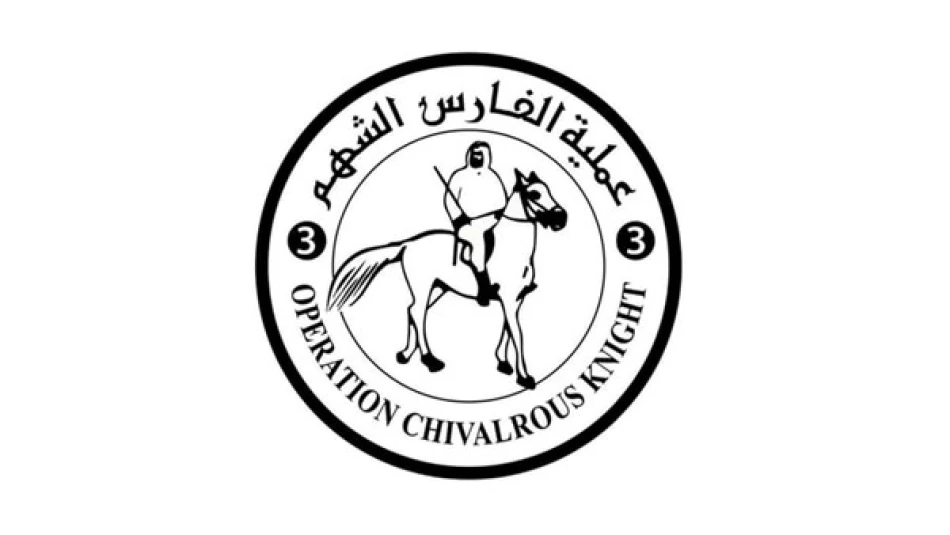
UAE Airlifts Essential Aid for Gaza Residents, Reinforcing Humanitarian Efforts
UAE Delivers 77th Gaza Airdrop as Humanitarian Crisis Deepens
The United Arab Emirates has completed its 77th airdrop of humanitarian aid to Gaza, delivering over 4,000 tons of supplies through an expanding international coalition that now includes six nations. The operation underscores the Gulf state's growing role as a regional humanitarian hub while highlighting the sustained international effort required to address Gaza's deepening crisis.
Multinational Coalition Expands Relief Efforts
The latest airdrop, conducted under the UAE's "Operation Gallant Knight 3" framework, involved coordination with Jordan, Germany, France, the Netherlands, Singapore, and Indonesia. This diverse partnership reflects how the Gaza crisis has mobilized countries across different continents and political alignments, creating an unusual diplomatic bridge between Middle Eastern, European, and Southeast Asian nations.
The operation delivered essential food supplies and basic necessities, funded by Emirati charitable organizations and institutions. The UAE's systematic approach—numbering each airdrop and maintaining detailed tonnage records—demonstrates a level of organizational commitment typically seen in major disaster response operations.
Strategic Implications for Regional Leadership
The UAE's sustained humanitarian campaign serves multiple strategic purposes beyond immediate relief. By leading international coordination efforts, the Emirates positions itself as an indispensable regional mediator, potentially strengthening its diplomatic influence in future Middle East negotiations.
This approach mirrors Singapore's strategy of building international goodwill through humanitarian leadership, though on a much larger scale. The UAE's ability to mobilize European partners like Germany and France alongside regional allies suggests sophisticated diplomatic networks that extend well beyond traditional Gulf partnerships.
Operational Scale Reveals Crisis Magnitude
The cumulative delivery of over 4,000 tons across 77 separate airdrops provides stark evidence of Gaza's humanitarian needs. For context, this tonnage exceeds the cargo capacity of most commercial aircraft fleets, requiring sustained logistical coordination that few nations could maintain over extended periods.
The systematic numbering of operations suggests the UAE anticipates this effort will continue indefinitely, indicating that decision-makers view the current situation as a prolonged crisis rather than a temporary emergency requiring short-term intervention.
International Humanitarian Architecture Under Pressure
The reliance on airdrops, while demonstrating international solidarity, also highlights the limitations of traditional humanitarian delivery mechanisms. Unlike ground-based distribution systems used in other crisis zones, aerial delivery is expensive, logistically complex, and often inefficient for reaching the most vulnerable populations.
The UAE's approach of building ad-hoc coalitions outside established UN frameworks may signal growing frustration with traditional international organizations' response capabilities. This trend toward bilateral and multilateral humanitarian initiatives could reshape how future crises are addressed globally.
Most Viewed News

 Layla Al Mansoori
Layla Al Mansoori






